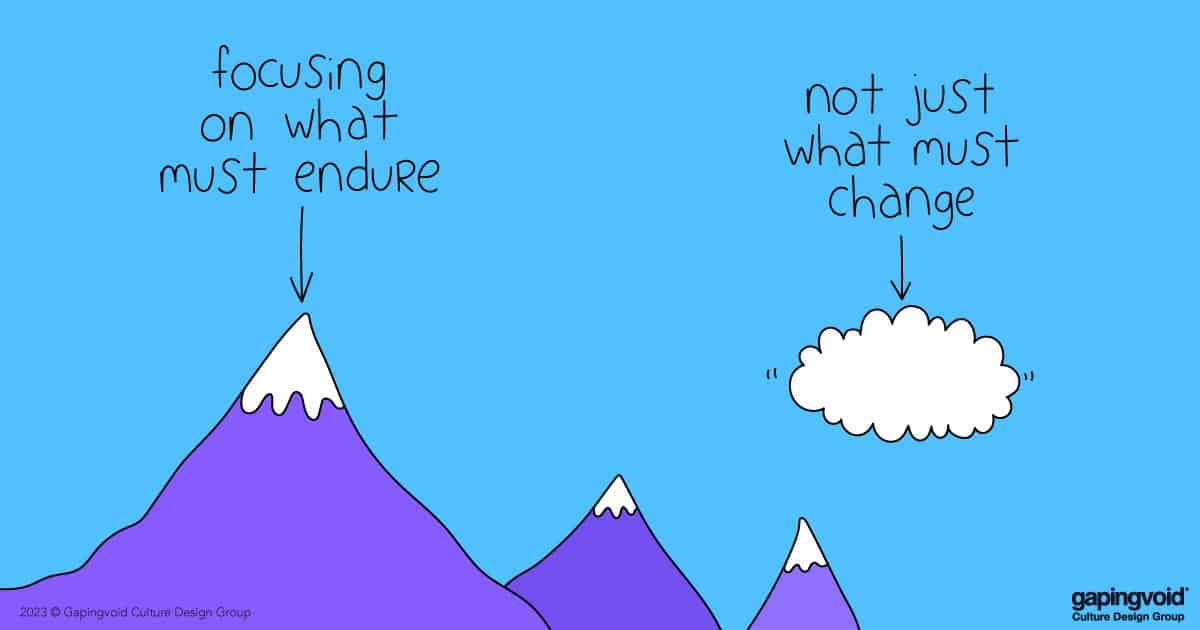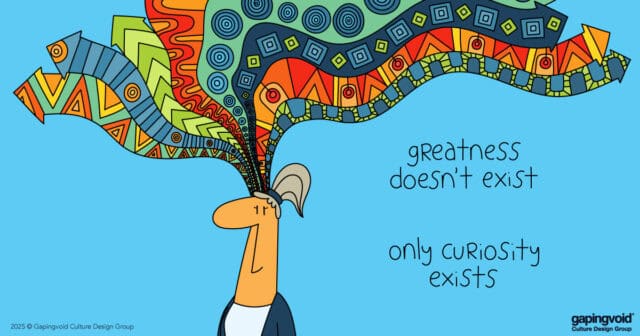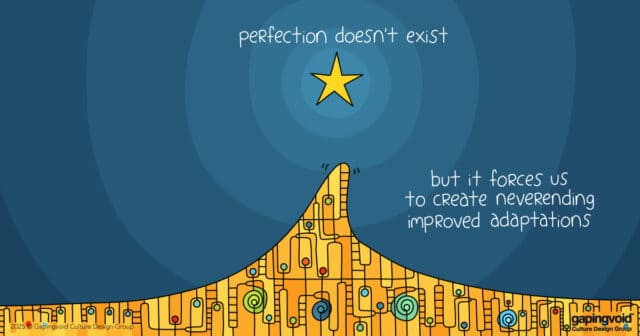
Back in 1988, the shoe company, Nike debuted what is probably the greatest advertising tagline of the last 40 years, “Just Do It.”
It’s still going strong today. Emblazoned on millions of ads, sneakers, t-shirts, and TV commercials all over the world. It’s created billions of dollars of value. Unstoppable.
Except that it wasn’t always.
Eight years after its inception in 1997, they decided the tagline was getting rather stale and a new one was in order.
So they came up with: “I can.”
As in, I can reach the highest highs. I can achieve greatness. I can get the ball, and so on.
Sadly for Nike, nobody really liked it. They all seemed to much prefer the old “Just Do it” tagline. Some journalist even snarkily commented, “Yeah, I know you can. Just do it, already.”
Needless to say, the new “I Can” campaign didn’t last very long. It was buried in the sands of time. Whereas “Just Do it” is still chugging along to this day, printing money for Nike by the shedload.
We weren’t in the room, but it reminds us of a common phenomenon that plays out in business and leadership when new leaders join an organization: they arrive with a strong desire to leave their mark by initiating sweeping changes.
As leaders, often the first thing we do is try to undo what our predecessors did. Unfortunately, this tendency is more rooted in ego than in what truly benefits the company, and the result is often instability and whiplash for employees.
Ginni Rometty, the former CEO of IBM, understands this dynamic all too well. Her job wasn’t to reinvent the wheel but rather to keep the colossal organization chugging along smoothly while maintaining its vibrancy and making it a dynamic place to work.
On the Re:Thinking podcast, she talked about how during her tenure at the company (2012-2020) the world of tech was changing very quickly, as it always does. IBM had to embrace the world of enterprise, adapt to the cloud, and get an early start on A.I., while other companies like Google and Apple were taking over the more consumer-facing spaces IBM used to occupy.
She emphasized that her responsibility required her to identify what must endure vs what must change and protect that at all costs. Yes, all businesses need to evolve, but it’s the duty of a leader to recognize what must withstand the test of time.
[PS Ms. Rometty has a book out, “Good Power,” all about her life, philosophy, and tenure at IBM.]



